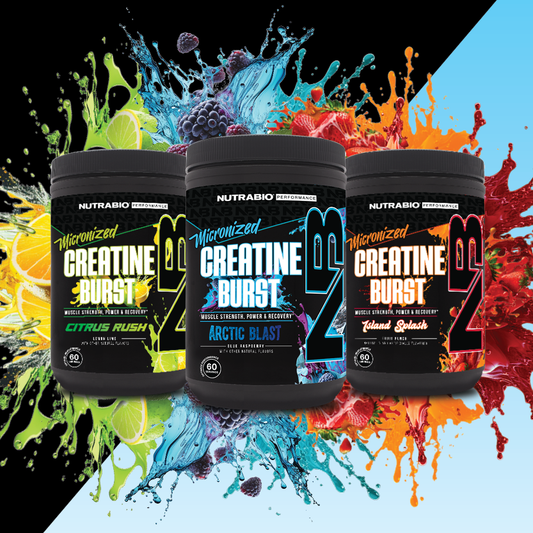In today's fitness-conscious world, sports drinks have become a staple for athletes, gym-goers, and even regular individuals engaged in physical activities. These beverages promise to replenish electrolytes and boost performance, but not all sports drinks are created equal. In this article, we'll explore the good and bad aspects of sports drinks, helping you make an informed decision about their consumption.
The Good: Benefits of Sports Drinks
-
Hydration: One of the primary benefits of sports drinks is their ability to hydrate the body quickly. During intense physical activity, the body loses water and essential electrolytes, such as sodium and potassium, through sweat. Sports drinks contain these electrolytes, helping to rehydrate and maintain the body's fluid balance.
-
Energy Boost: Many sports drinks are formulated with carbohydrates, such as glucose and sucrose. These sugars provide a rapid source of energy, which can be beneficial during prolonged workouts or high-intensity exercises. Athletes engaged in endurance sports like long-distance running or cycling often find sports drinks helpful for maintaining energy levels.
-
Electrolyte Replenishment: Sports drinks provide an efficient way to replenish essential electrolytes lost during exercise. Electrolytes play a crucial role in nerve and muscle function, and their depletion can lead to cramping and fatigue. Sports drinks containing sodium, potassium, calcium, and magnesium can help prevent these issues.
-
Faster Recovery: The combination of carbohydrates and electrolytes in sports drinks can aid in post-exercise recovery. Consuming a sports drink after a strenuous workout helps replenish glycogen stores and reduces the time required for muscle recovery.
The Not-So-Good: Drawbacks of Sports Drinks
-
High Sugar Content: One of the main downsides of sports drinks is their high sugar content. While the sugars in these drinks can provide a quick energy boost during exercise, excessive consumption can lead to weight gain, dental issues, and an increased risk of type 2 diabetes. Opt for sugar-free or low-sugar options when possible.
-
Empty Calories: Beyond the sugar content, many sports drinks are laden with calories but lack essential nutrients. This can be problematic for those trying to manage their weight or achieve a balanced diet. Drinking sports drinks without accounting for the extra calories may undermine weight loss efforts.
-
Unnecessary for Low-Intensity Activities: For individuals engaged in light or moderate exercise, such as a leisurely walk or casual yoga session, sports drinks are generally unnecessary. Water is sufficient to maintain hydration levels during these activities without the added calories and sugar.
-
Cost: Sports drinks can be relatively expensive compared to other hydration options, such as water or homemade electrolyte solutions. This expense can add up over time, making it less accessible to some individuals or causing financial strain on regular consumers.
Conclusion
Sports drinks can be beneficial for certain individuals and situations, particularly during intense physical activities, endurance training, or competitions. They offer rapid hydration and a quick source of energy through carbohydrates and electrolytes. However, their high sugar content and empty calories make them less ideal for everyday use or low-intensity workouts.
As with any dietary choice, moderation is key. For most people engaging in regular fitness routines or recreational exercise, water remains the best and most cost-effective option for staying hydrated. When selecting sports drinks, opt for those with lower sugar content and be mindful of your overall calorie intake.
Ultimately, understanding your individual hydration needs and the intensity of your physical activities will guide you in making an informed decision about incorporating sports drinks into your routine. Always consult with a healthcare or nutrition professional if you have specific health concerns or dietary restrictions.


